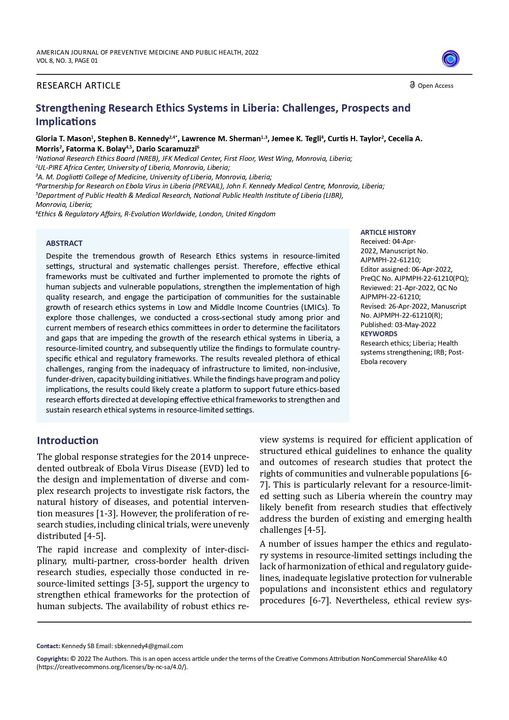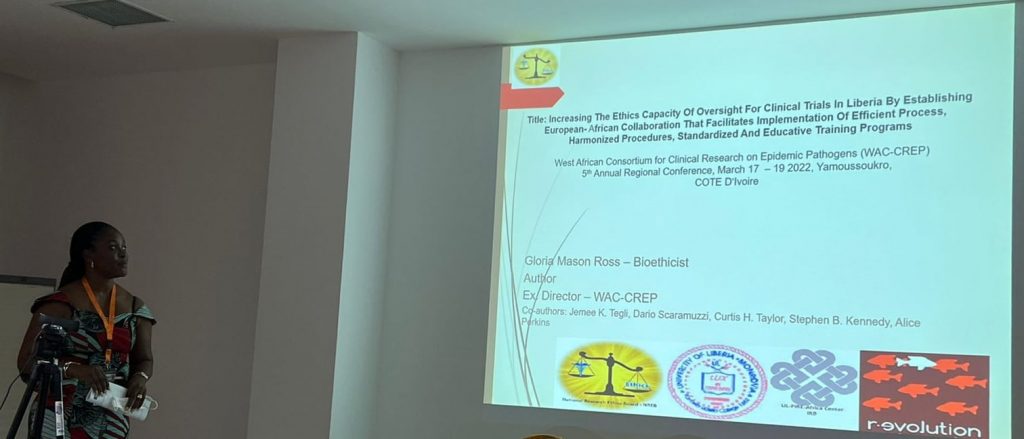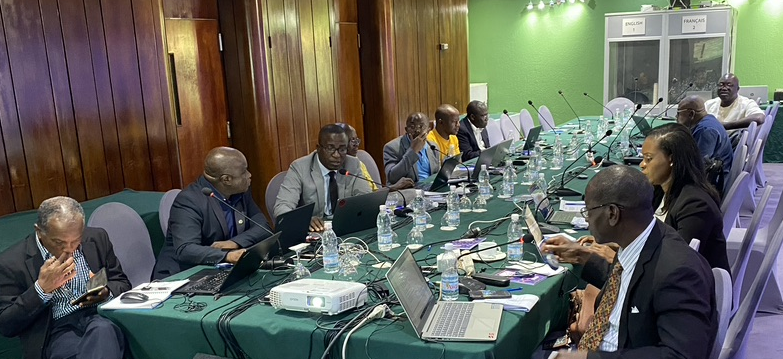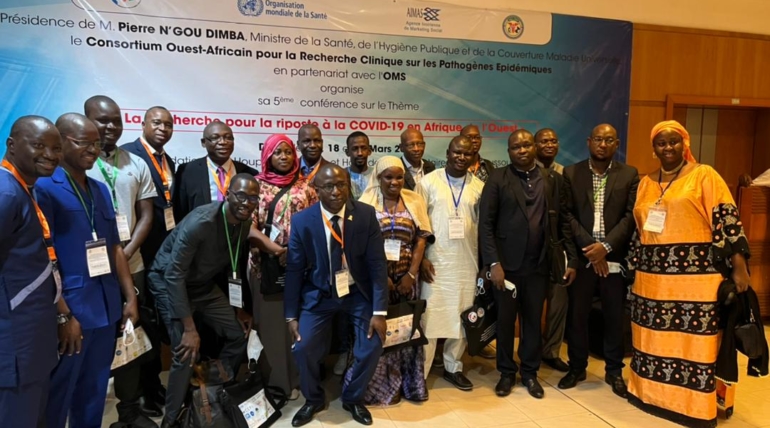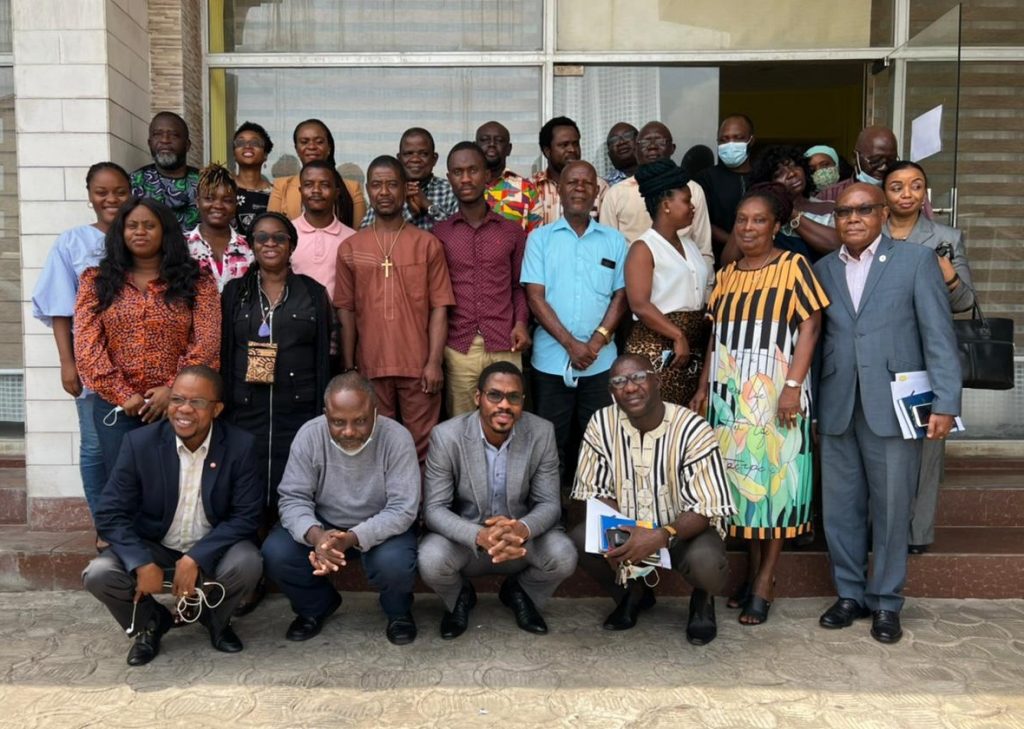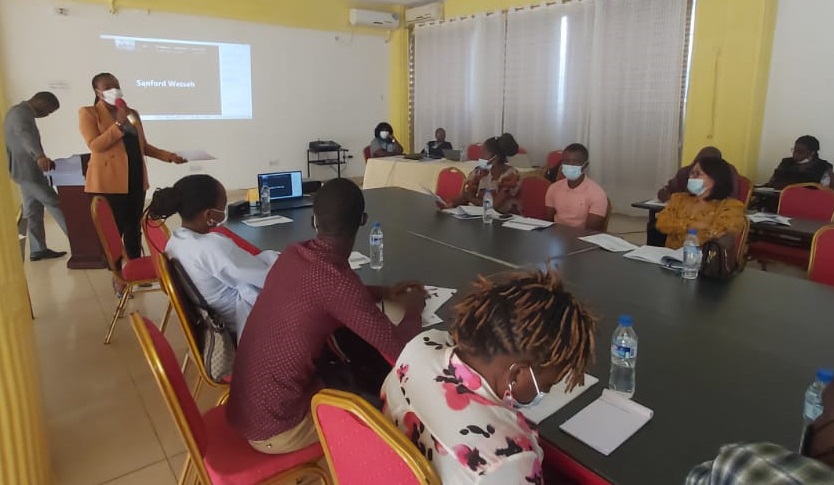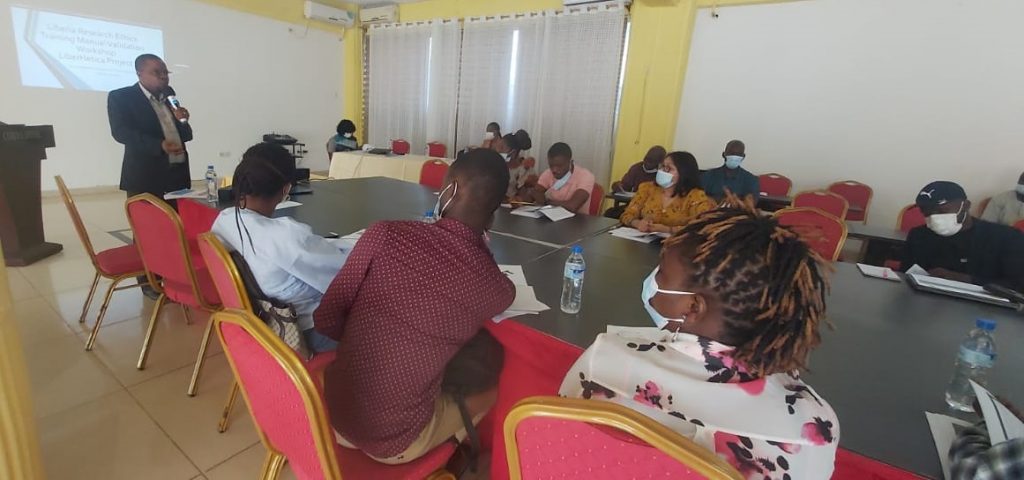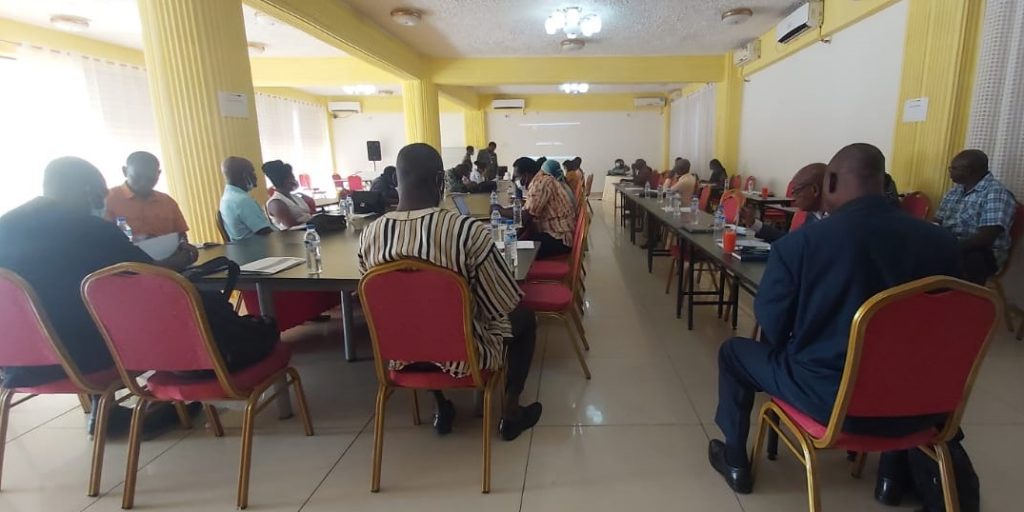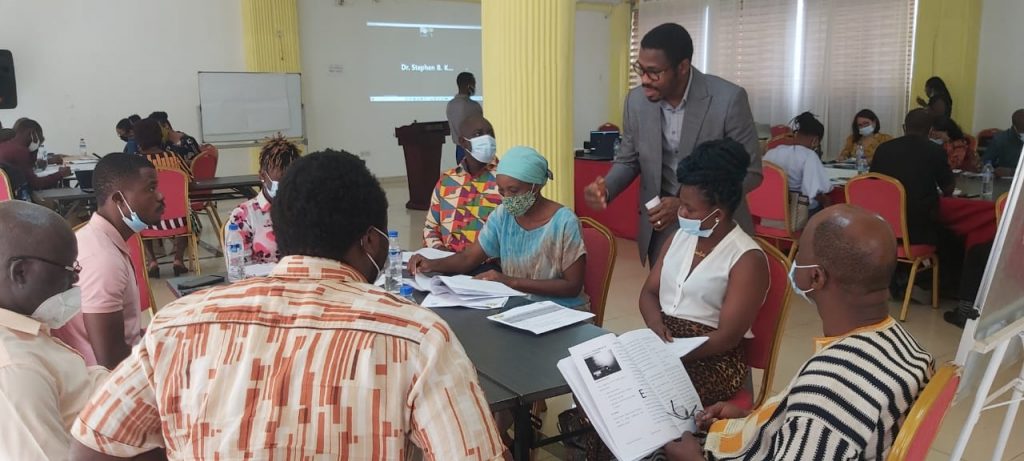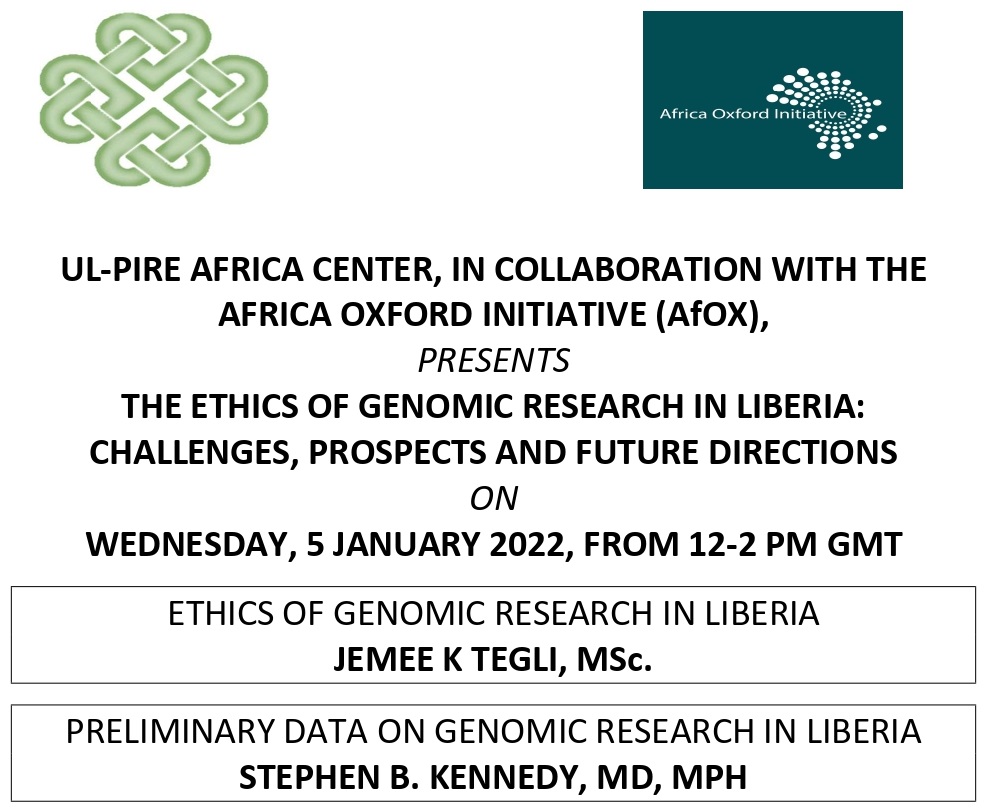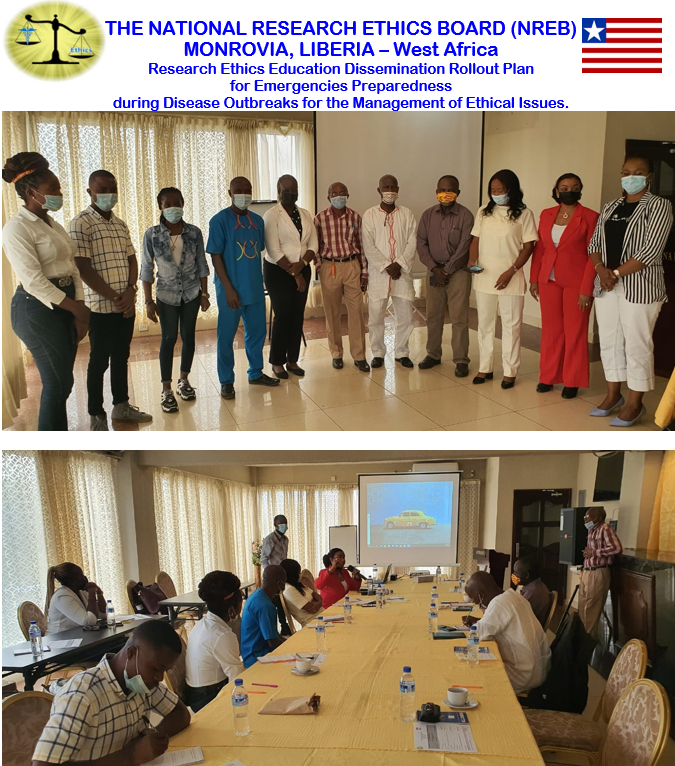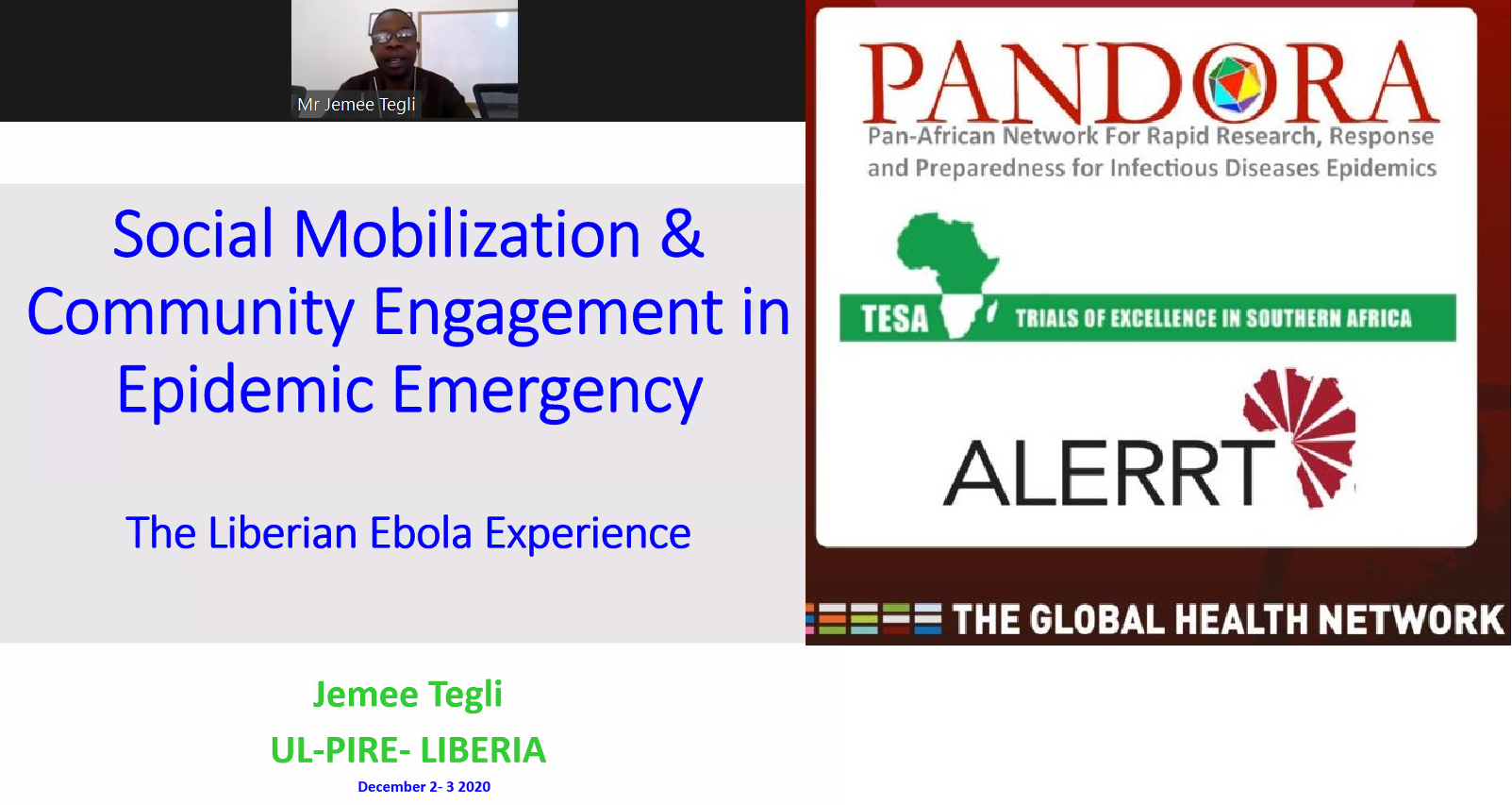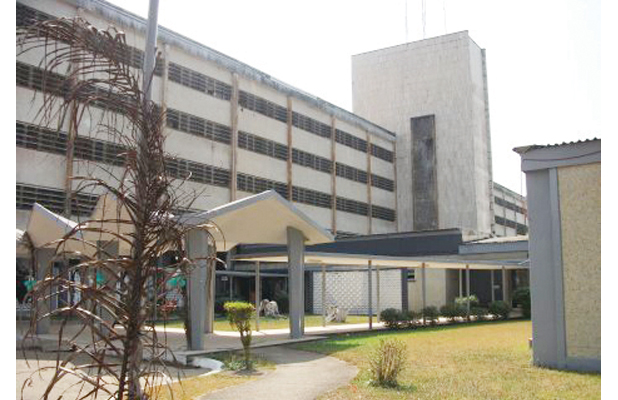ZOOM: https://bit.ly/3lQCiGS
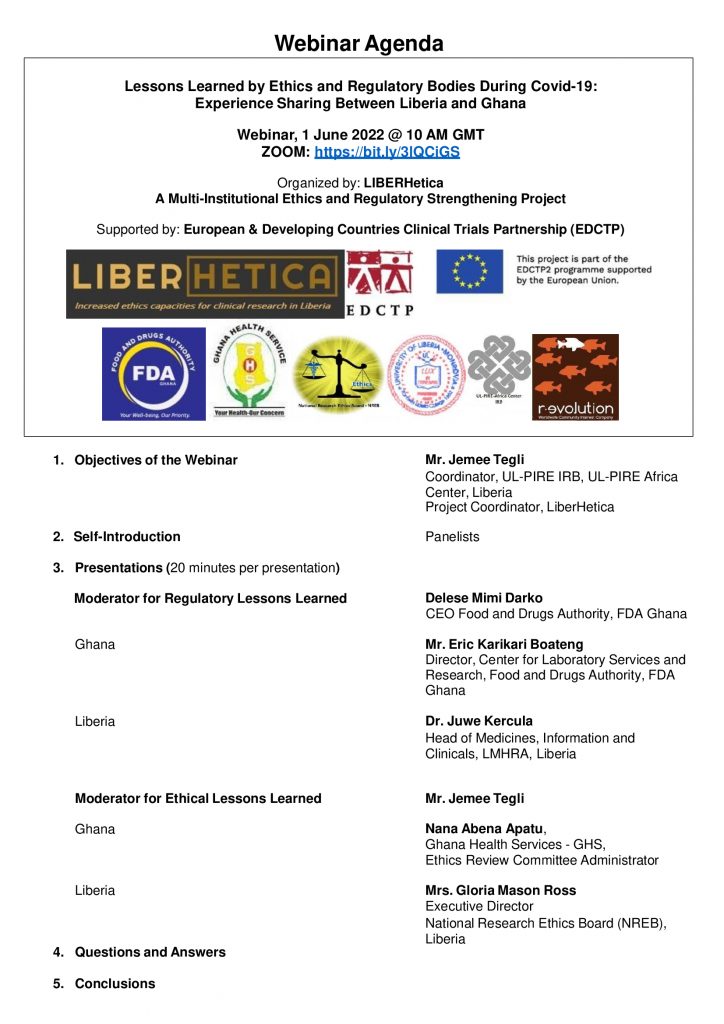
Background
The CoVID-19 pandemic, like other public health emergencies (PHEs), has shifted the goalposts regarding the operations and functions of ethical and regulatory activities. This is particularly true considering the need for ethics and regulatory preparedness to deal with a broad spectrum of issues related to a surge in research activities focusing on the current pandemic. Indeed, as already noted during the Ebola epidemic, there is a significant increase in clinical research related on Covid-19 in the region.
Therefore, the ethical and regulatory bodies are gradually and incrementally adapting or remodelling to cope with the changing paradigm and acceptable global strategies for the review and approval of applications for clinical trials and investigational products, among others. These changes, such as online application submission, virtual vs. hybrid vs. in-person reviews, revisions of guidelines and SOPs for PHEs, data sharing, diverse designs for investigational products, and changes in membership compositions, must be fostered, maintained and sustained based on the highest ethical and regulatory standards.
Objectives
The objective of the webinar is to share ethical and regulatory related experiences, including challenges and opportunities, facilitate knowledge exchange, and strengthen multi-countries collaborations, for the review, approval and oversight of clinical research related activities during PHEs.

